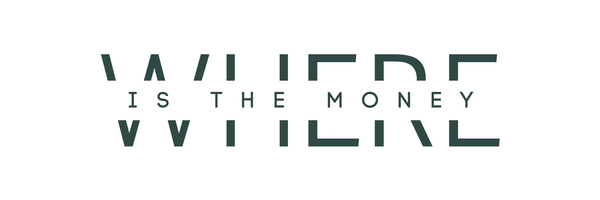
Buying vs. Renting: Why Owning a Home is the Smart Financial Move
Share
When deciding where to live, one of the biggest questions is whether to buy or rent. While renting may seem convenient in the short term, buying a home is often the better financial decision—especially when you consider capital appreciation. Unlike renting, where your money goes to a landlord with no return, homeownership builds wealth over time.
1. Capital Appreciation: Your Home as an Investment
One of the biggest advantages of buying a home is capital gain. When you purchase a property, you are investing in an asset that typically increases in value over time. Real estate markets tend to appreciate in the long run, meaning that the home you buy today will likely be worth significantly more in the future.
For example, let’s say you purchase a home for $300,000 and, over ten years, its value increases by 4% per year (a common appreciation rate in many areas). By the end of that period, your home would be worth approximately $444,000—a gain of$144,000 just for owning the property!
2. Equity: Paying Yourself Instead of a Landlord
When you rent, your monthly payments go directly to a landlord, and you never see that money again. However, when you buy a home, your mortgage payments build equity—ownership stake in your property. Over time, as you pay down your loan, you own more of your home outright, increasing your net worth.
Consider this: after 20–30 years, a homeowner who has paid off their mortgage owns a valuable asset free and clear, while a renter has nothing to show for decades of payments.
3. Inflation Protection: Locking in Your Costs
Rent prices tend to rise over time due to inflation and increasing demand. Homeowners, however, can lock in their housing costs with a fixed-rate mortgage. This means that while rents go up, your monthly mortgage payment stays the same, making homeownership a smart long-term financial move.
4. Passive Wealth Growth with No Extra Work
Unlike other investments that require active management, owning a home allows you to build wealth passively. You don’t have to track stock markets daily or make complex investment decisions—your home simply gains value over time while you live in it.
5. Tax Benefits and Other Financial Perks
Homeowners may also benefit from tax deductions, including:
- Mortgage interest deductions
- Property tax deductions
- Potential capital gains tax exemptions (if you sell after living in the home for at least 2 years)
6. Building Equity in Your Primary Home
As you pay off your mortgage, the amount of equity in your home increases. At the same time, if property values rise due to market appreciation, your home becomes worth more than when you first bought it.
For example, imagine you purchased a home for $300,000 and took out a mortgage for $250,000. After a few years, you’ve paid down your loan balance to $220,000, and the market value of your home has risen to $400,000.
Now, your equity = Home Value - Loan Balance
$400,000 - $220,000 = $180,000 in equity
7. Refinancing to Unlock Cash for Investment
Most banks allow homeowners to borrow against a percentage (typically 80%) of their home’s value. This means you could refinance your home and take out a new loan for $320,000 (80% of $400,000). After paying off the remaining mortgage balance ($220,000), you’d have an extra $100,000 in cash.
8. Using the Funds to Buy an Investment Property
Now, you can use the $100,000 as a down payment on a second property. If you find a rental property worth $500,000, you may only need 20% down ($100,000) to secure a mortgage. The rent from this new property can cover the mortgage payments, potentially generating positive cash flow while the property appreciates in value over time.
9. The Wealth-Building Cycle: Repeating the Process
As time goes on, both properties gain value, and you continue to build equity. After a few years, you can repeat the process: refinance the rental property, extract equity, and purchase another investment property. This strategy allows you to build a portfolio of income-generating real estate using leveraged money, rather than waiting to save up cash for each new property.
Key Benefits of This Strategy
- Accelerated Wealth Growth: Instead of waiting decades to save enough for another home, you use your existing assets to expand your portfolio.
- Passive Income: Rental properties generate monthly income that can supplement your earnings or help pay off your mortgages faster.
- Long-Term Appreciation: Over time, your properties increase in value, further growing your wealth.
- Tax Advantages: Mortgage interest on rental properties may be tax-deductible, and depreciation can reduce taxable income.
Final Thoughts
This strategy—using home equity to invest in real estate—is how many successful investors scale their portfolios and build long-term wealth. However, it requires careful financial planning, market research, and responsible borrowing to ensure positive cash flow.
Would you consider using this approach to grow your real estate investments? Check out our templates for careful financial planning and grow Your wealth together with us!










